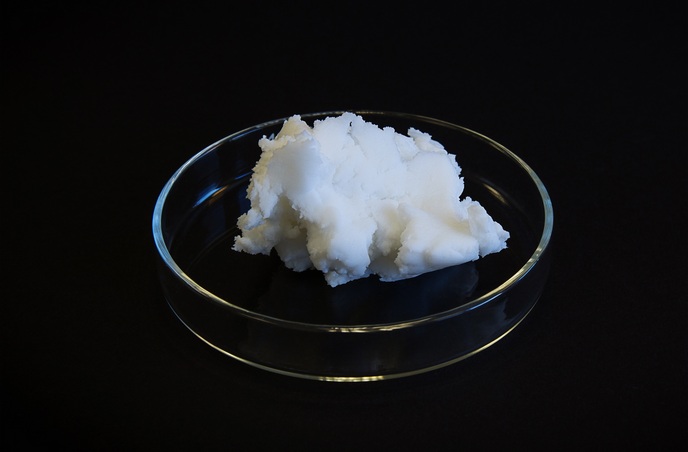Novel technology transforms forest raw materials into high-added-value cellulose
Performance additives are materials added to plastics in small quantities to boost their performance and durability. These additives are key to the evolution of final end user products in several industries. However, more environmentally friendly alternatives are needed today. Microfibrillated cellulose (MFC) is a novel performance additive based on cellulose from wood – one of the most abundant raw materials worldwide. Interest in MFC is growing in the industrial sector, but limitations in technology and production are keeping it from entering the market.
Emerging sustainable material for all types of applications
The EU-funded EXILVA project introduced the world’s first commercially available MFC. This new type of bio-based additive is sourced from the Norway Spruce tree found in Scandinavian forests. “Thanks to its high efficiency, robustness in harsh environments and multifunctional characteristics, it is suitable for a wide variety of products and industries,” comments coordinator Jarle Wikeby. “For application areas, there is no end to the possibilities!” The product is an insoluble MFC consisting of long and thin fibres that form a 3D network. Individual polymers are stacked together to form small elements called fibrils. These fibrils stack together again to form the cellulose fibre structure present in nature. The cellulose fibres have the ability to interact both physically through their extreme high-surface area and chemically through hydrogen bonding. The MFC has very high water retention capabilities and will also retain its crystallinity features after production processes. After developing the MFC, project partners successfully transferred the production technology from a pilot plant to a factory in Sarpsborg, Norway. In doing so, the facility became the first industrial MFC plant in operation. By optimising processes, the flagship plant has a yearly capacity of 10 000 t of 10 % paste and 50 000 t of 2 % suspension, both corresponding to 1 000 t dry.
Creating exciting opportunities for product development
The focus was on application areas, such as adhesives, coatings, personal care, home care, agricultural chemicals, oilfield, construction, composites, automotive and packaging. The EXILVA team is working on proofs of concepts for the product in such areas and has filed 11 patent applications. The MFC’s functionalities in these areas are often linked to the rheology (flow, spray, drip, sag), stability, strength and barrier properties. It exhibits very good efficiency, and it can increase products’ performance while improving their sustainability. The MFC has several key advantages. High yield stress provides improved stability for waterborne or polar solvent systems at low shear. Extreme shear thinning with very fast viscosity recovery offers benefits when running both of these systems. The very-high-surface area provides substantial binding benefits. In addition, it is more eco-friendly than existing technologies. The CO2 footprint during MFC manufacturing is low compared to competing fossil-based products. The MFC preparation process is based on less-extensive chemical pretreatment, making it about 50 % less carbon-intensive than current procedures. The consortium reports robust sales in many market segments, but priority is given to adhesives and agricultural chemicals. “The product is generating a lot of interest,” concludes Wikeby. “Fruitful discussions are underway with major bioplastic manufacturers, and new pilot runs are scheduled with four leading plastic polymer producers.” EXILVA received funding from the Bio-based Industries Joint Undertaking, a public-private partnership between the EU and industry.
Keywords
EXILVA, MFC, cellulose, additive, microfibrillated cellulose, performance additive, fibril, cellulose fibre

